Resources
10 Resources to Get Started with Disability Activism
A great place to start your journey with disability activism.
Emily Simmons | 9 Dec 2020
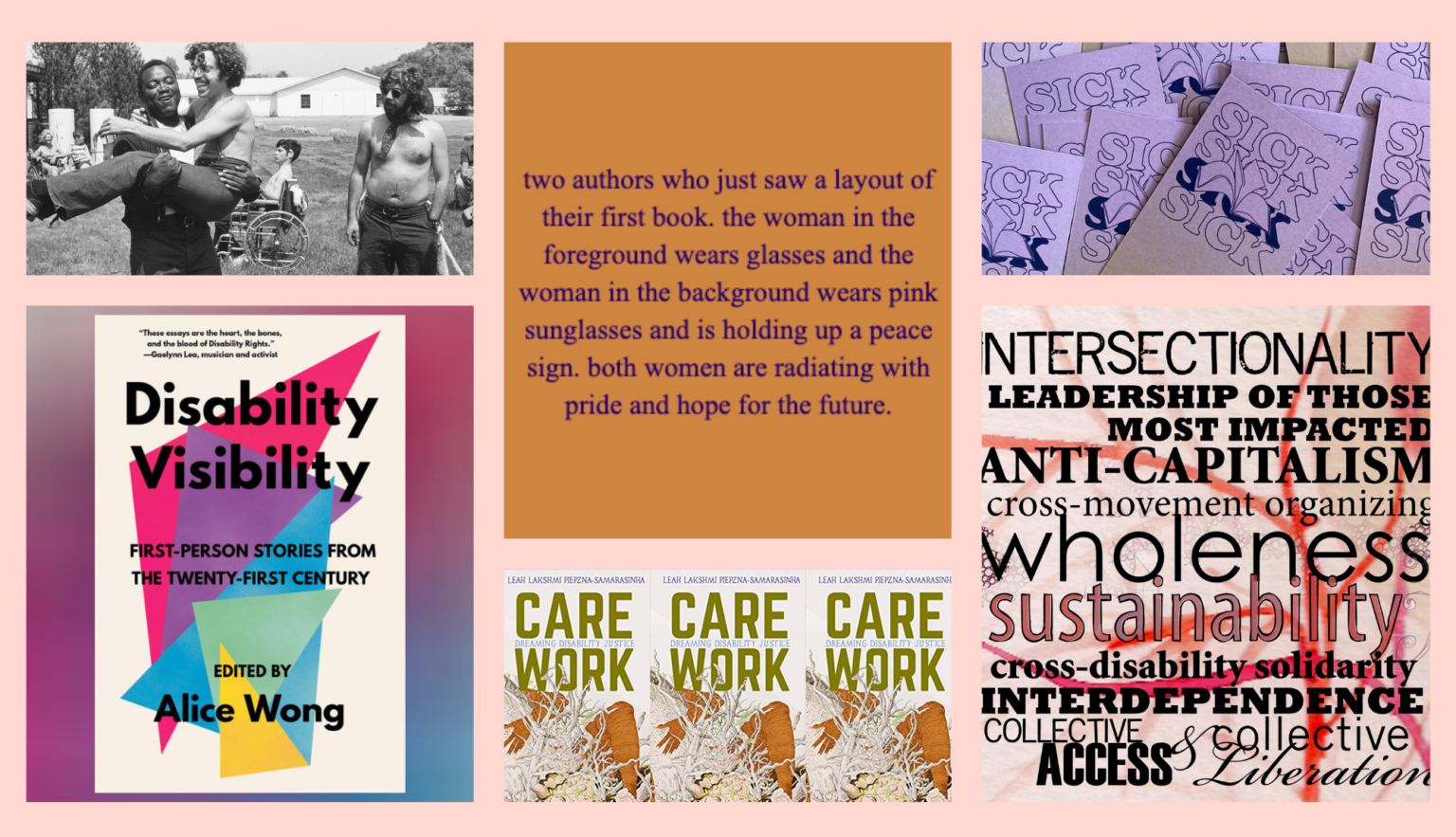
Image credit: Act Build Change.
As things slow down towards the end of the year, it’s a great time to relax and reflect on the year that passed. What did we do well? What could we have done better? As a disabled person and the founder of Dubble – a publication dedicated to sharing the stories of disabled people – I am always looking out for resources to help me learn more about the disability justice movement. The ones I’ve listed below are some of the best introductory books, films, articles, and more that I have found for getting started with disability activism.
Books & Magazines
1. Disability Visibility: First-Person Stories from the 21st Century by Alice Wong
Disability is not a brave struggle or ‘courage in the face of adversity.’ Disability is an art. It’s an ingenious way to live.
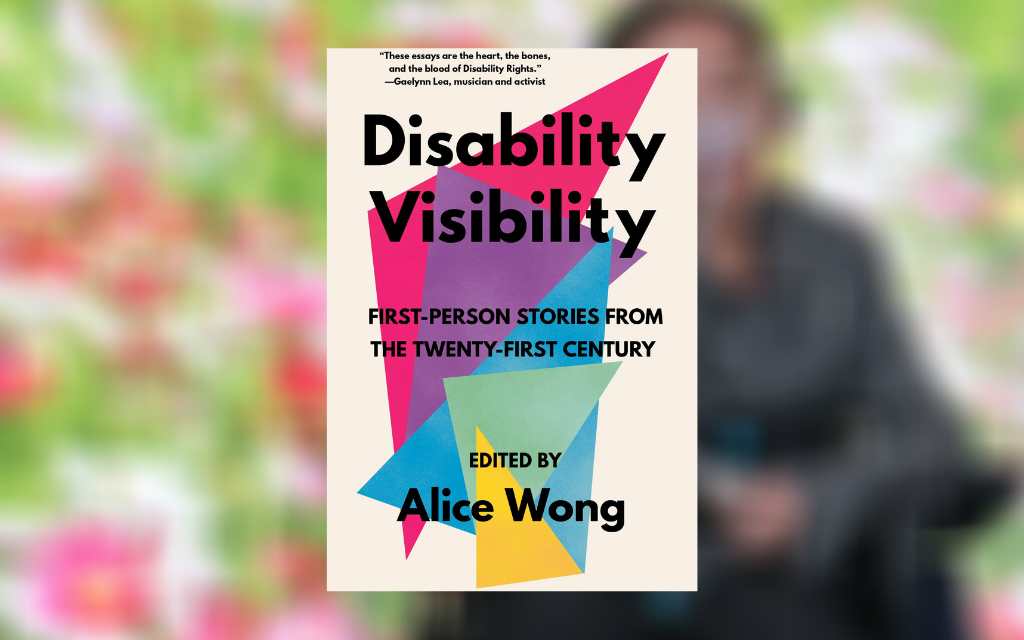
Covering topics from parenting with a disability to the freedom from claiming the word ‘disabled,’ Alice Wong’s Disability Visibility: First Person Stories from the 21st Century gives us “a glimpse of the vast richness and complexity of the disabled experience”. A disabled activist, media maker, consultant, and Founder and Director of the Disability Visibility Project, Wong’s galvanising collection of personal essays by contemporary disabled writers looks to the future and past with hope and love.
Explore further: disabilityvisibilityproject.com
Buy Disability Visibility on Bookshop.org
2. Care Work: Dreaming Disability Justice by Leah Lakshmi Piepzna-Samarasinha
When I think about access, I think about love.
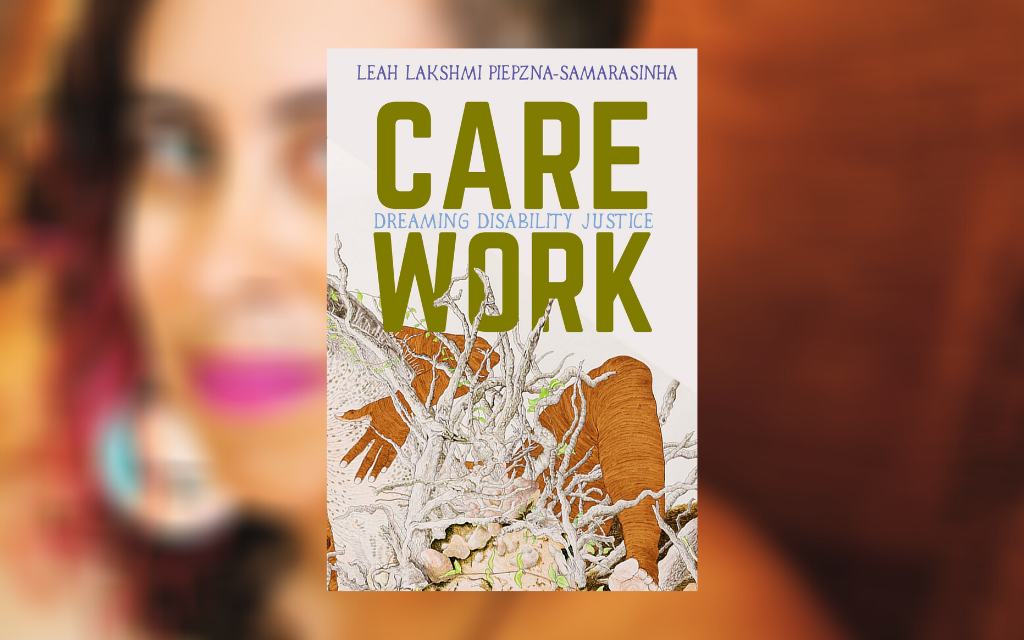
Leah Lakshmi Piepzna-Samarasinha is a queer disabled femme, writer, organiser, performance artist, and educator. Care Work is their fifth book of six – a collection of essays that examines disability justice and interdependence. As the title suggests, the book is a ‘dream’ of a genuinely caring, accessible, and inclusive future for everyone, especially queer, disabled, and people of colour. Discussing subjects such as creating care webs, collective access, and radically accessible spaces, they also impart their own wisdom and experiences based on years of activist work.
Check out Leah’s website: brownstargirl.org
Buy Care Work from Bookshop.org
3. Crippled: Austerity and the Demonization of Disabled People by Frances Ryan
I’m treading water – or at least delaying my drowning.
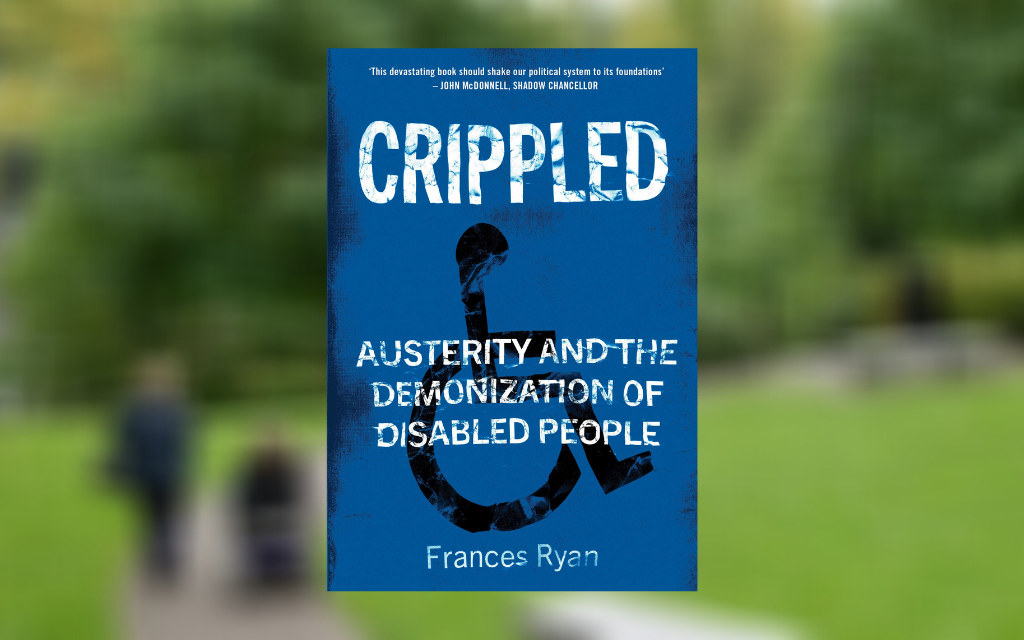
Recently updated to include the coronavirus crisis, Crippled tells the stories of those most affected by the devastating regime of austerity in Britain. Ryan demonstrates how the welfare state harms the very people it is supposed to help and the manners in which politicians and the media have demonised disabled people as frauds and a drain on society by showing what austerity means for the daily lives of disabled people in the UK. Crippled demands an end to austerity and calls for a new kind of “solidarity politics.” Disabled people deserve better lives and a more compassionate society. “How things are – is not how they need to be.”
Buy Crippled from Bookshop.org
4. Sick magazine
The best thing we can do for each other is believe and accommodate each other to the best of our abilities.
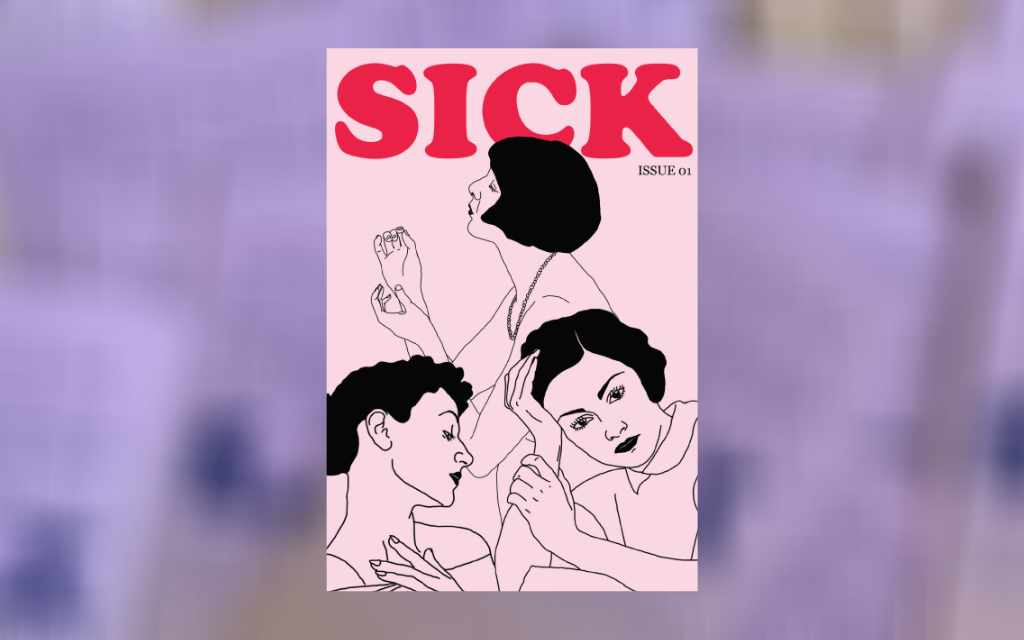
It’s not quite a book, but a thoughtful and lovely read about chronic illness and disability. Sick is an independent magazine edited by Olivia Spring. Committed to elevating the voices of sick and disabled people through publishing their creative work, their most recent issue included writings on embracing hopelessness, questioning the impulse to offer unsolicited advice, and the sacred space of the bed for the chronically ill. Alongside beautiful images and impeccable design by Kaiya Waerea, it’s a place to learn from disabled people and something beautiful to have on your bookshelf.
Grab issues 1 and 2 now: sickmagazine.co.uk
Films
5. Crip Camp: A Disability Revolution (2020) on Netflix
If I have to feel thankful about an accessible bathroom, when am I ever gonna be equal in the community?
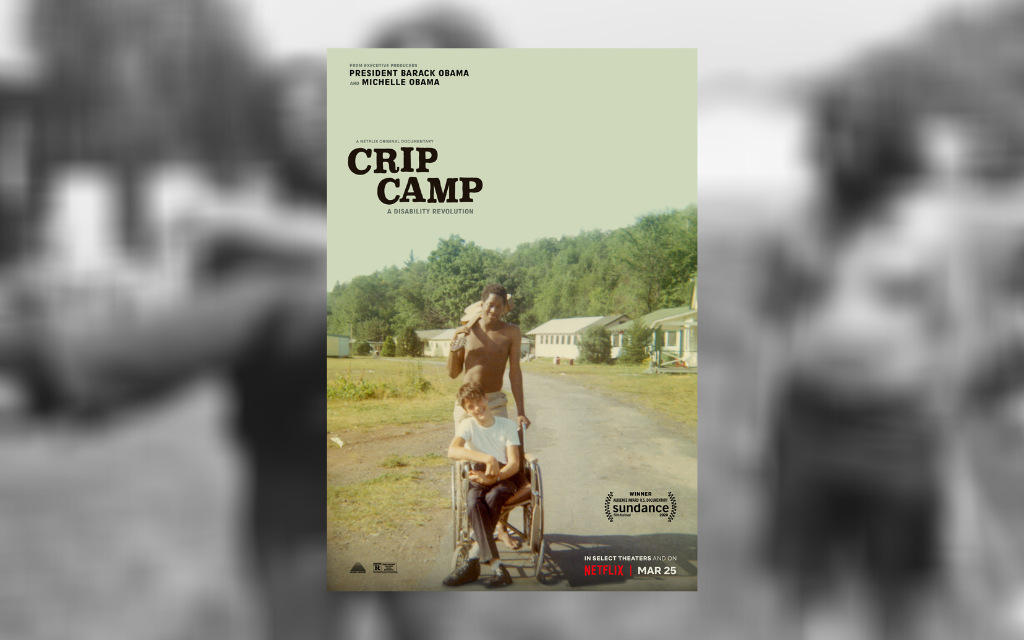
In 1971, Camp Jened was a ramshackle summer camp in New York “for the handicapped” (a term no longer used). A freeing utopia, it was a place for disabled teenagers to experience sports, parties, and make-out sessions while also experiencing real inclusion and accessibility – many for the first time. The documentary focuses on those campers who became activists for the disability rights movement and follows their fight for accessibility legislation.
Despite the size and impact of the disability rights movement in the US, it is an often neglected part of history. As organisers and activists, we have so much to learn from how disabled people protested and fought for their rights that can be brought to any community. A film that is full to the brim of hope, joy, and love, with iconic activists such as Judith Heumann, Crip Camp is an unmissable watch for anyone looking to support and understand the movement.
Explore the film and related resources: cripcamp.com
6. Unrest (2017) on Netflix
The treatment of today’s ME/CFS patients is comparable to that of lobotomy patients decades ago. When the full history of ME/CFS is written one day, we will all be ashamed of ourselves.
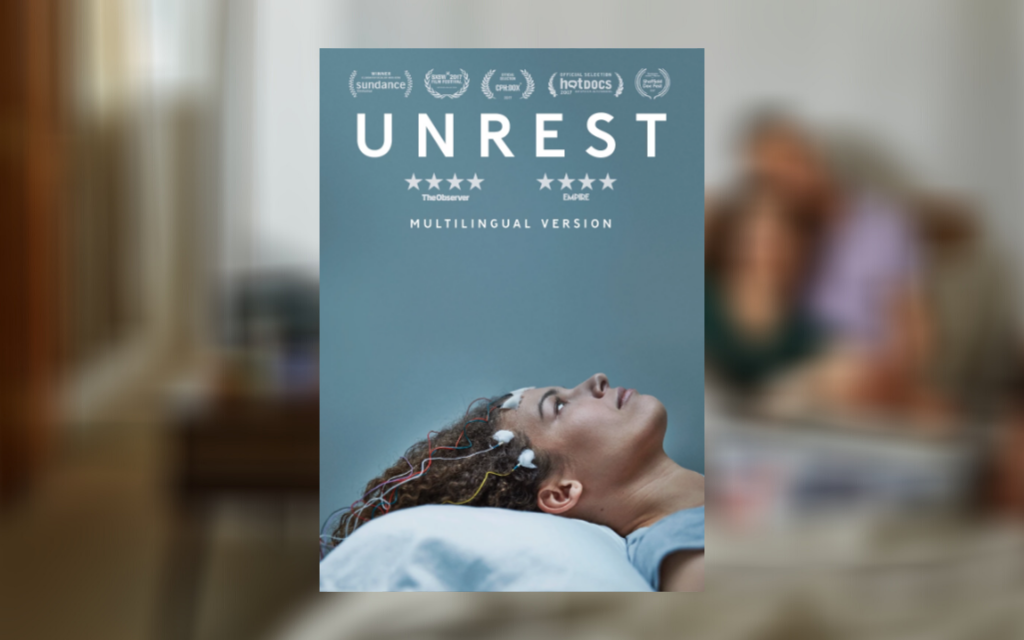
Jennifer Brea is about to marry the love of her life and complete a PhD at Harvard when she’s struck down by a fever that leaves her bedridden. When doctors tell her “it’s all in her head,” she turns her camera on herself as she looks for answers and fights for a cure. Unrest is a Sundance award-winning documentary that follows her journey ‘from patient to advocate to storyteller.’
Explore the film and related resources:unrest.film
Online resources
7. 10 Principles of Disability Justice
No body or mind can be left behind – only mobbing together can we accomplish the revolution we require.
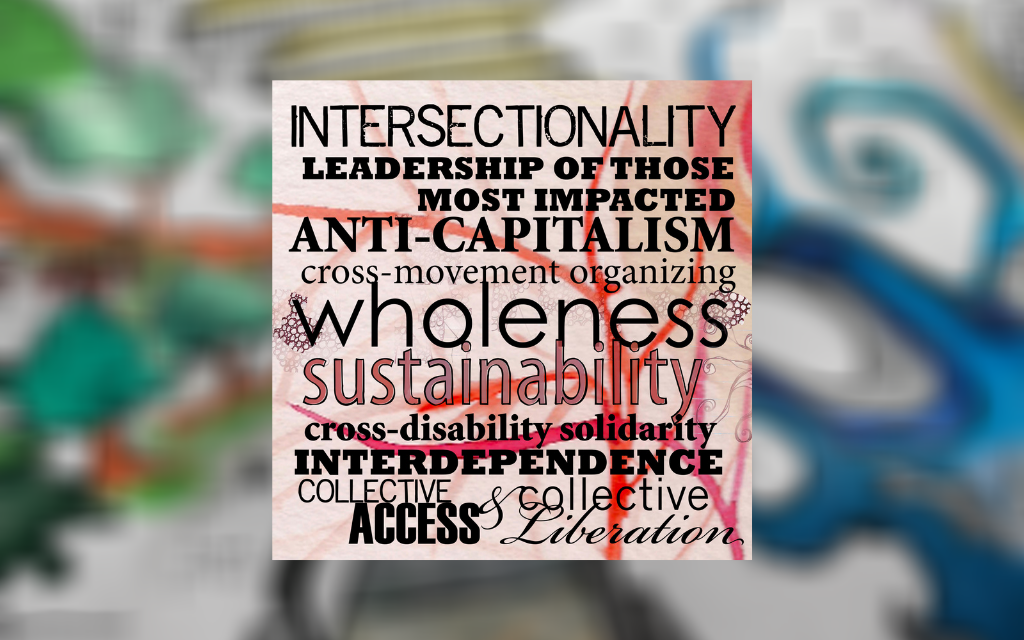
Sins Invalid, a disability justice performance project that centres people of colour, queers, nonbinary and trans people with disabilities, defines disability justice through ten fundamental principles: intersectionality, leadership of those most impacted, anti-capitalist politics, cross-movement solidarity, recognising wholeness, sustainability, commitment to cross-disability solidarity, interdependence, collective access, and collective liberation. Created by those who initially conceived the disability justice framework, this is a crucial text for anyone looking to get involved with disability activism.
Check out 10 Principles and further resources:sinsinvalid.org
8. Alt-Text as Poetry
Alt-text is an essential part of web accessibility.
It is often overlooked or understood through the lens of compliance, as an unwelcome burden to be met with minimum effort.
How can we instead approach alt-text thoughtfully and creatively?
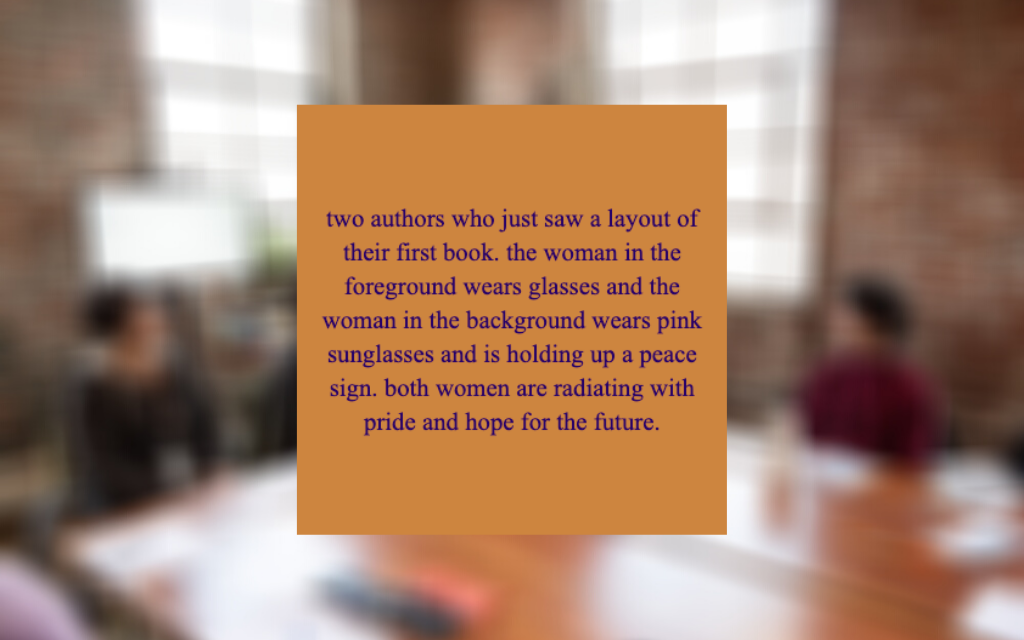
Alt-Text as Poetry is a collaboration between artists Bojana Coklyat and Shannon Finnegan, two disabled artists and activists, whose intention is to put alt-text on your radar, get you thinking about it creatively, and explore some of the critical questions that come up when translating images into text. The website includes a free downloadable workbook, some tools for learning about alt-text, a blog, and much more.
Check it out, and remember to include alt-text on your next social media posts: alt-text-as-poetry.net
9. Sick Woman Theory by Johanna Hedva
How do you throw a brick through the window of a bank if you can’t get out of bed?
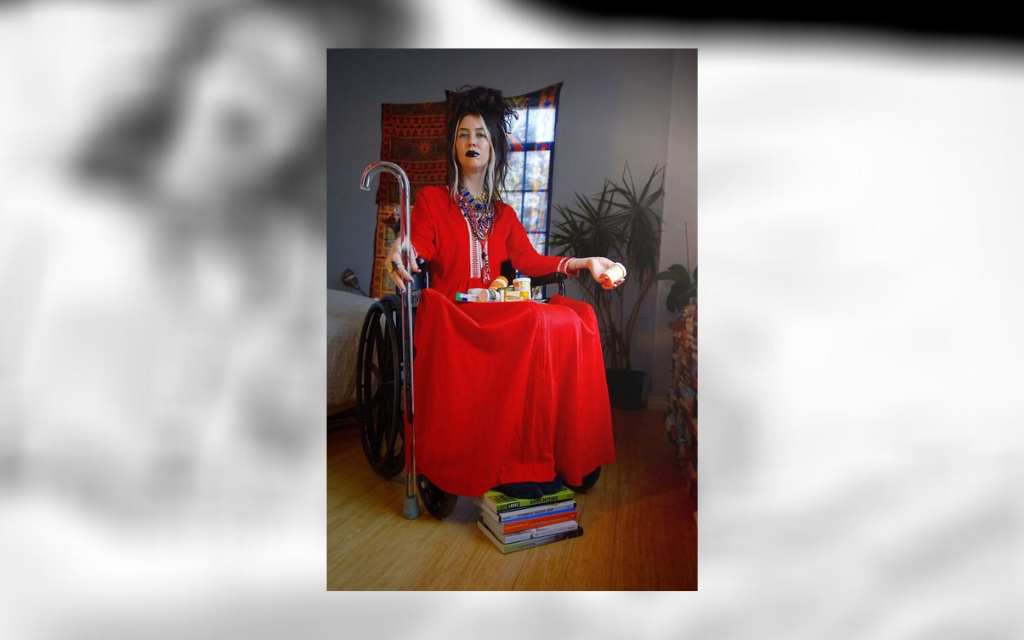
Johanna Hedva is a genderqueer Korean-American contemporary artist, writer, and musician working in Los Angeles. In 2015, Hedva delivered a lecture titled, ‘My Body Is a Prison of Pain so I Want to Leave It Like a Mystic But I Also Love It & Want it to Matter Politically,’ which later became the glorious essay ‘Sick Woman Theory.’ The essay questions the dominant discourse on political action and suggests that most political protest modes are internalised, lived, and invisible. For ‘those who were never meant to survive but did,’ it is a testimony of recognition for disabled people and a call for those who are not sick to empathise and listen. Most importantly, Hedva advocates for care – care for each other and care for oneself – as the most anti-capitalist act.
Read the essay online in Mask Magazine.
10. Imani Barbarin (a.k.a Crutches and Spice)
It’s not a burden to include disabled people, but I’ll personally become one to you if you don’t.
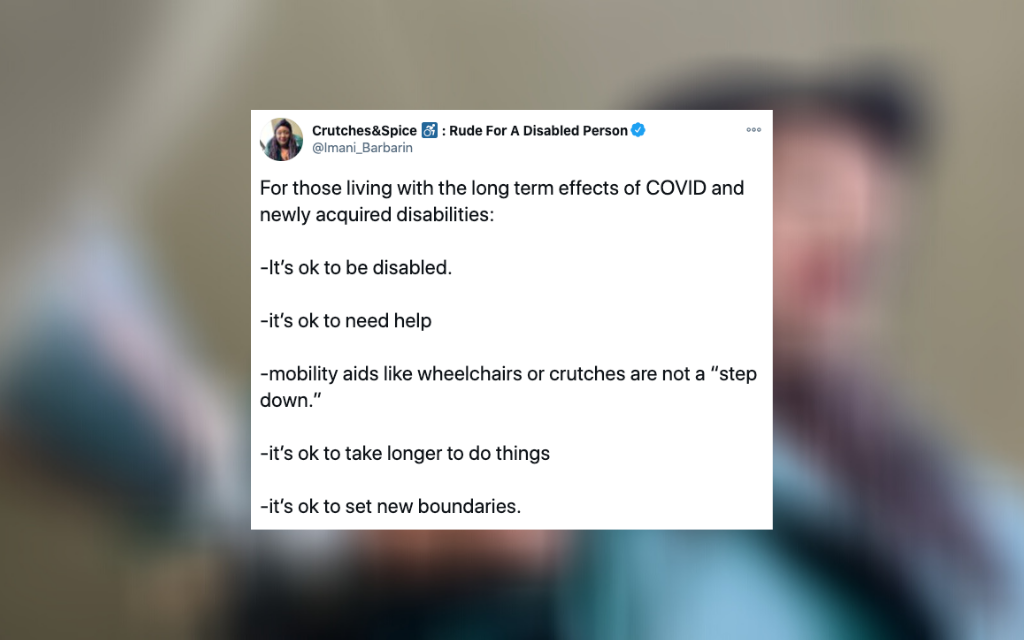
Imani is a disability rights activist, blogger, and communications director, famous on Twitter for being the creator of the hashtags #DisTheOscars, #AbledsAreWeird, and #ThingsDisabledPeopleKnow, and for making top-notch TikTok. Balancing complex facts and education with an impeccable sense of humour, Barbarin will never fail to leave you laughing and just a bit of a better person after listening to her.
Follow Imani on Twitter and check out her website: crutchesandspice.com
Beyond these resources
It’s important to note that this list is not finite, but it is a great place to start your (hopefully) lifelong journey with disability activism. Please seek out more resources, follow more disabled people on social media, listen to us, and act in your community. It’s been a problematic year showing us how vital disability justice is for everyone. One of the easiest things you can do to take care of disabled folk is to continue to stay home as much as you can, wear a mask, and socially distance. If you feel compelled to, please share this list with others and add any further resource suggestions you might have in the comments!